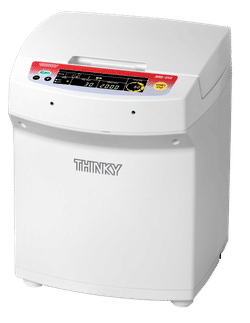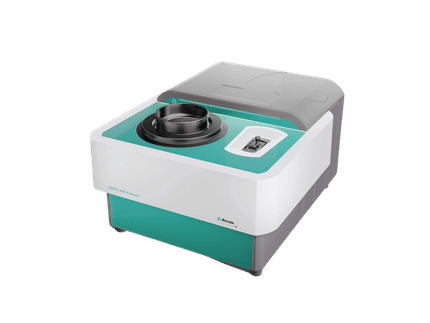To use all functions of this page, please activate cookies in your browser.
my.chemeurope.com
With an accout for my.chemeurope.com you can always see everything at a glance – and you can configure your own website and individual newsletter.
- My watch list
- My saved searches
- My saved topics
- My newsletter
Soft matterSoft matter comprises a variety of states, perhaps best distinguished as being dominated by energies of the order of room temperature thermal energy. At these temperatures, quantum aspects are generally unimportant. Pierre-Gilles de Gennes received the Nobel Prize in physics in 1991 for his research on soft matter. Product highlightSoft materials have a wide range of applications, such as structural and packaging materials, foams and adhesives, detergents and cosmetics, paints, food additives, lubricants and fuel additives, rubber in tyres, etc. In addition, a number of biological materials (blood, muscle, milk, yoghurt, jello) are classifiable as soft matter. Liquid crystals, another category of soft matter, exhibit a responsivity to electric fields that make them very important as materials in display devices (LCDs). In spite of the various forms of these materials, many of their properties have common physicochemical origins, such as a large number of internal degrees of freedom, weak interactions between structural elements, and a delicate balance between entropic and enthalpic contributions to the free energy. These properties lead to large thermal fluctuations, a wide variety of forms, sensitivity of equilibrium structures to external conditions, macroscopic softness, and metastable states. The realization that soft matter contains innumerable examples of symmetry breaking, generalized elasticity, and many fluctuating degrees of freedom has re-invigorated classical fields of physics such as fluids (now generalized to non-Newtonian and structured media) and elasticity (membranes, filaments, and anisotropic networks are all important and have common aspects). Examples of soft matter
See alsoReferencesI. Hamley, Introduction to Soft Matter (2nd edn), J. Wiley, Chichester (2000).R.A.L. Jones, Soft Condensed Matter Oxford University Press, Oxford (2002). M. Daoud, C.E. Williams, (editors) Soft Matter Physics , Springer Verlag, Berlin (1999).
Categories: Soft matter | Condensed phase |
| This article is licensed under the GNU Free Documentation License. It uses material from the Wikipedia article "Soft_matter". A list of authors is available in Wikipedia. |







